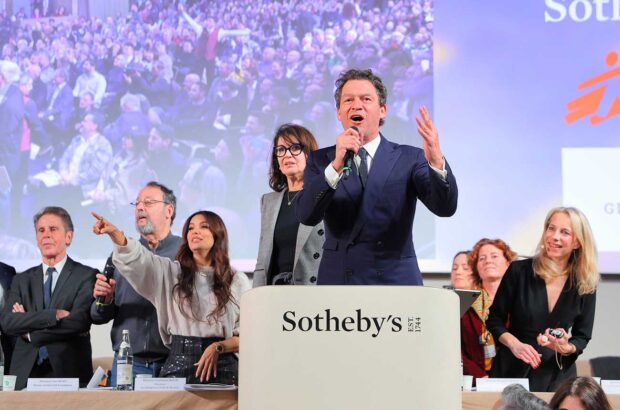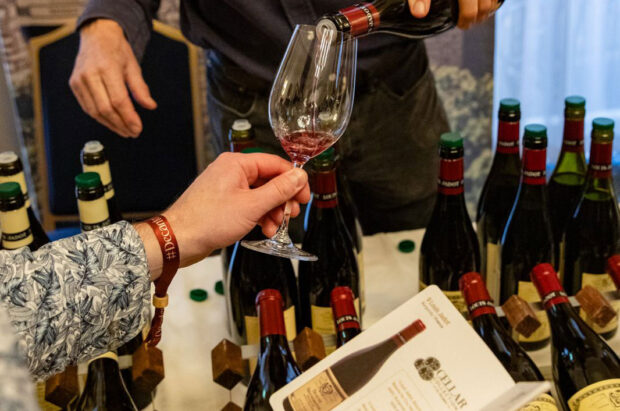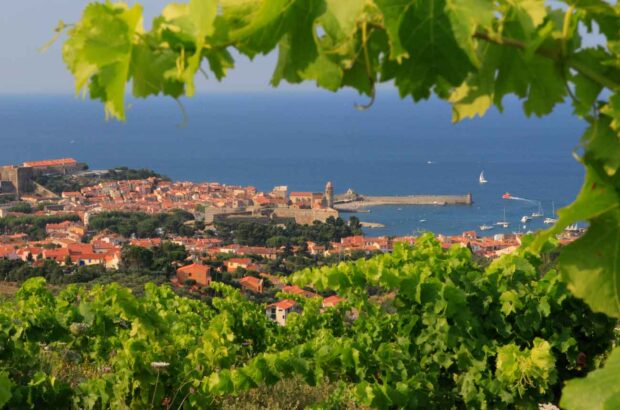Louis Roederer has increased its vineyard ownership to 230 hectares following the purchase of Champagne Leclerc Briant.
After the death of Pascal Leclerc Briant in 2010 his four daughters have gradually sold off the 30ha estate.
The first tranche was 17ha in October 2011: Roederer bought two hectares of vineyard in the premier cru of Cumières, where it already owns land, while Lanson bought 13ha.
Following that sale, a deal believed to be in excess of €40m was reached between the sisters and the Rouzaud family, which owns Roederer, to buy the whole of Leclerc Briant.
This included the brand name, buildings in Epernay, several years’ stock, grape purchase contracts and crucially, from Roederer’s point of view, the remaining 13ha of vineyard mainly located in the adjoining premiers crus of Hautvilliers, Cumières and Damery.
As Leclerc Briant was the largest single biodynamic producer in Champagne, Roederer now takes over that mantle with the company’s total biodynamic and organically farmed land rising to 65ha in total.
Jean-Baptiste Lécaillon, who oversees the Rouzauds’ entire vineyard operations in Champagne, Bordeaux and California, said they have been trialling organic, biodynamic and traditional production methods side by side over the past decade. They currently have 40ha of vineyard under biodynamic and 15ha under organic cultivation.
The Rouzaud family has since sold the Leclerc Briant brand, stocks, the buildings in Epernay and the grape supply contracts to American financier Mark Nunnely and his partner Denise Dupré, who have hired vineyard consultant Hervé Jestin, formerly winemaker at Duval Leroy.
Jestin confirmed the aim is to continue bio-dynamic production of Leclerc Briant. They have stocks for around five years’ sales, as well as supply contracts for future production, he said.
The aim is to produce between 200,000 and 300,000 bottles of Lerclerc Briant super-premium Champagne.
Written by Giles Fallowfield







